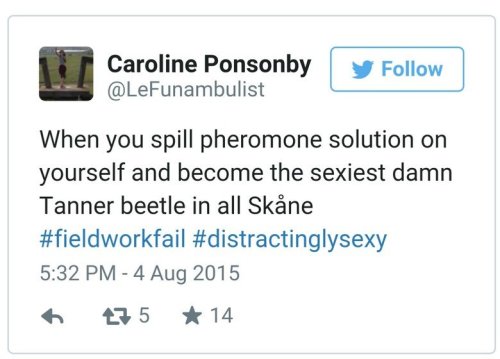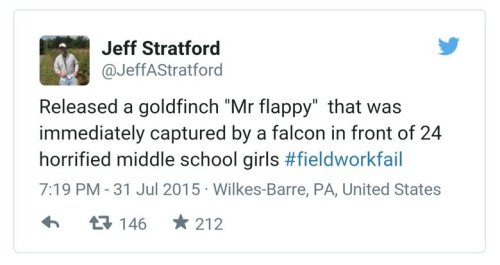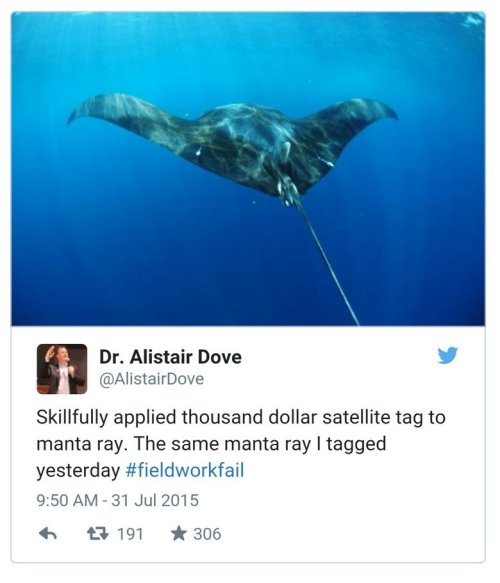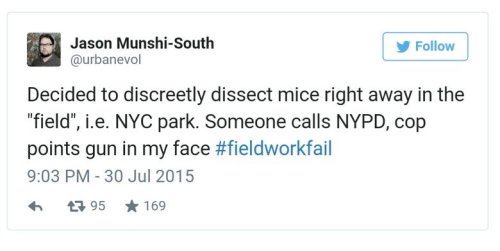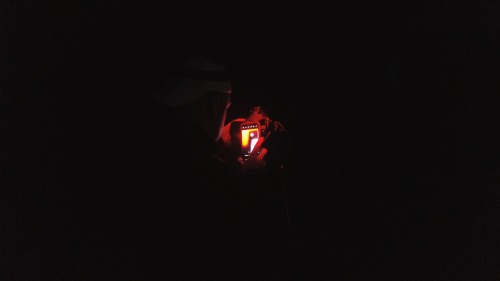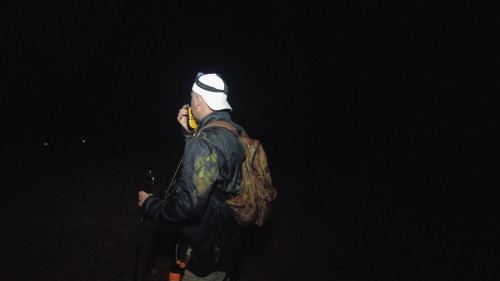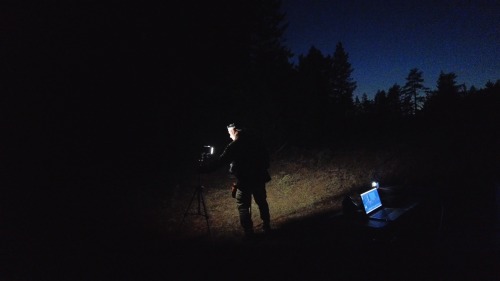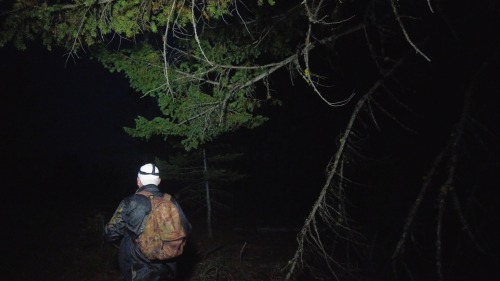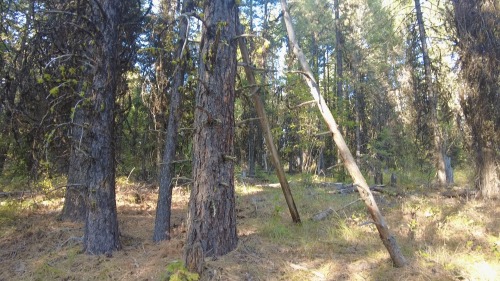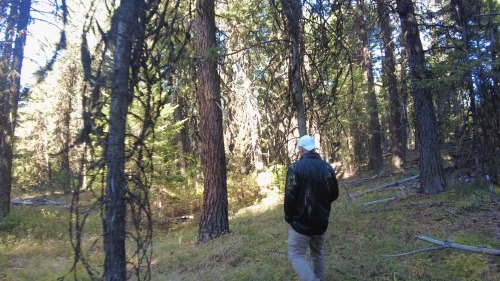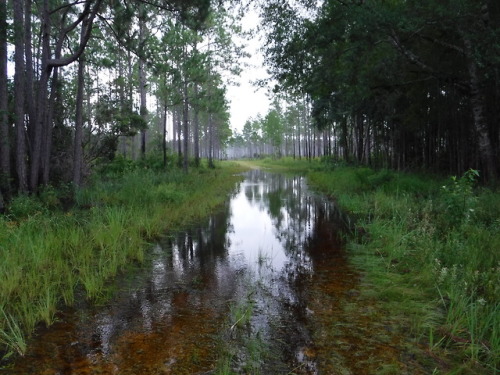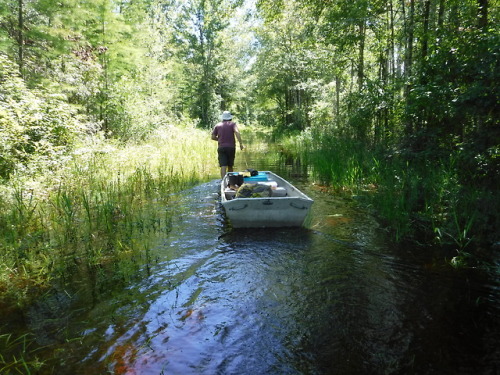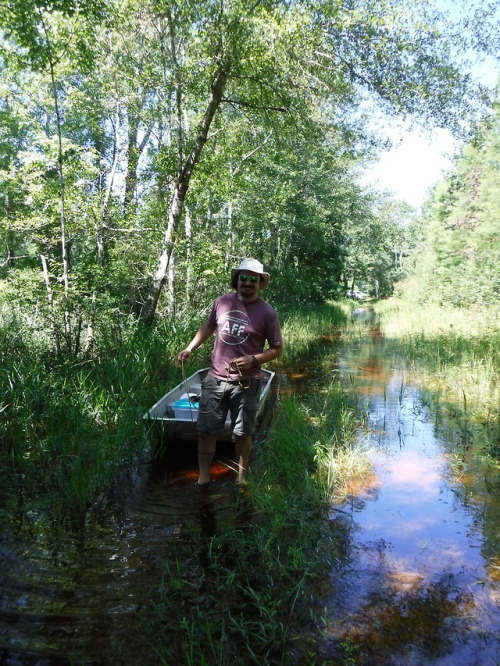#field research
Listen everyone just cause your in a scientific field doesn’t make you smart enough to not make mistakes in the field
Post link
5 Questions for a Scientist:
Ecologist and Avian Field Biologist Allyson Jackson
“Every time I catch a bird and get to see them up close, I am reminded what an honor it is to do what I do (even though I still hate getting up before sunrise!). Now that I’m a professor, I think my favorite part is working with students and seeing them have life-changing experiences in field research, just like I did.”
Allyson is an assistant professor in environmental studies at SUNY Purchase College in New York, where she teaches courses in ecology, conservation biology, and biostatistics. She holds an undergraduate degree in biology from Juniata College in Pennsylvania, an M.S. from the College of William and Mary in Virginia, and a Ph.D. from Oregon State University in Oregon. She has worked at the Tracy Aviary in Salt Lake City and as a wildlife research biologist for the Biodiversity Research Institute in Maine, researching mercury in forest songbirds.
Read her full interview here.
Post link
When your project area floods, you have to adapt. The sites are high and dry, but the access roads are swamped due to biblical rains and consequently high rivers. The floodwaters are quickly receding though, and we carry on! This was not quite what I had in mind for underwater archaeological fieldwork…
Post link




